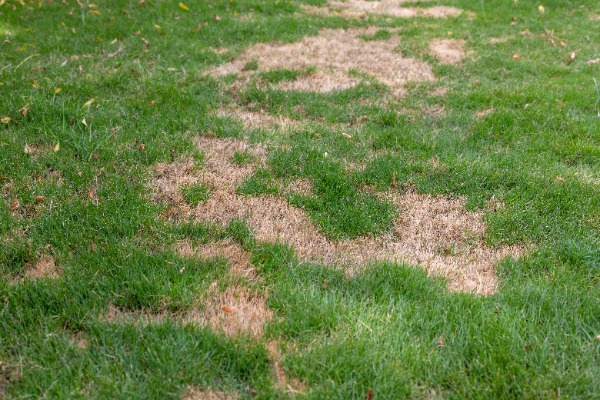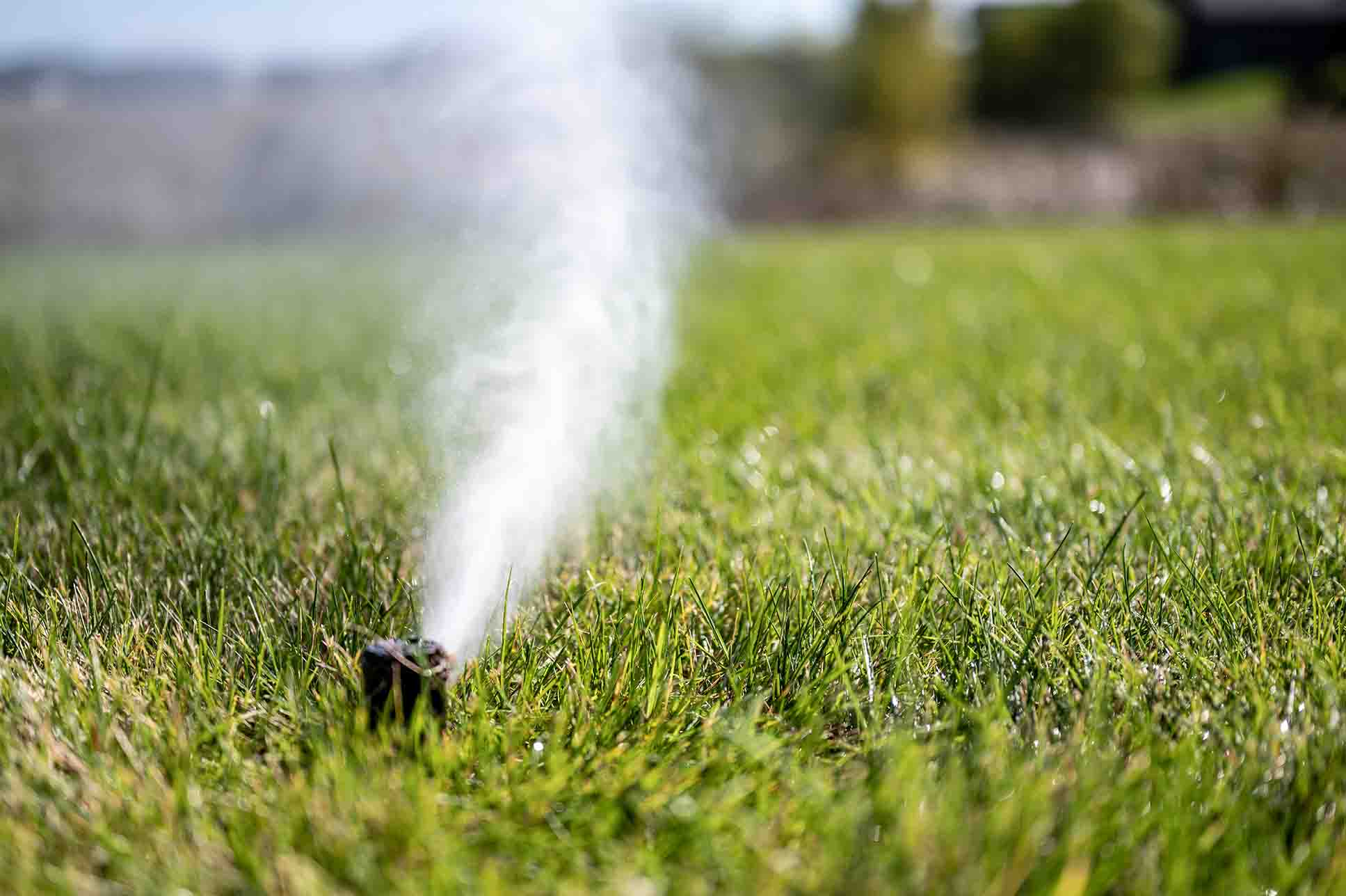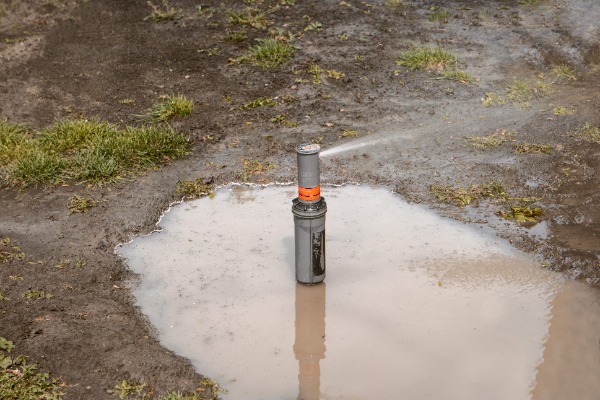Last Updated:
December 29, 2025
Like any mechanical system, sprinklers can break down or become inefficient over time. If you're noticing problems with your lawn or suspect your irrigation system isn’t working as it should, it might be time to take a closer look. Below are common warning signs that indicate a potential need for professional sprinkler repair.

Large areas of your lawn stay brown and dry while others remain lush and green. You might also see clear stripes or rings of dead grass where water coverage is inconsistent.
Uneven watering is often caused by misaligned or clogged sprinkler heads. Heads may be tilted, buried under turf, or blocked by soil, debris, or overgrown plants. Alternatively, low water pressure or broken valves can result in certain zones receiving less water.

Instead of spraying water in a smooth arc, some sprinkler heads emit a weak mist, spurt irregularly, or leak water even when turned off.
These symptoms typically result from pressure issues, broken nozzles, or cracked sprinkler heads. Over time, wear and tear from lawnmowers, foot traffic, or weather can degrade components and disrupt water delivery.
Your water bill jumps significantly from one month to the next, despite no changes in household water use or lawn size.
Hidden leaks in sprinkler lines, broken valves, or constantly running zones can waste hundreds of gallons of water without any visible sign. Underground pipe leaks are particularly hard to spot unless you're actively looking for them.

You find puddles of water around sprinkler heads long after the system has shut off, or valves appear to be constantly wet or leaking.
Pooling often results from broken sprinkler heads, stuck valves, or leaking connections. Water may be seeping out of cracked fittings or improperly sealed joints.

One or more irrigation zones fail to activate, remain stuck on, or turn on randomly outside of your scheduled programming.
This is often an electrical issue. Problems could stem from faulty wiring, a malfunctioning zone valve, or a controller that’s failing to send proper signals. It can also be a bad solenoid or debris lodged inside the valve, preventing it from opening or closing.
Water output is weak across all or some sprinkler heads. Some heads may not even pop up during watering cycles.
Pressure problems can stem from a partially closed main valve, clogged filters, broken pipes, or an issue with the municipal water supply. In zones with many sprinkler heads or long piping, pressure loss is also common if the system isn’t designed for the load.

After watering, some pop-up sprinkler heads remain stuck in the “up” position, posing a tripping hazard and risking damage from lawnmowers.
Dirt, grass clippings, and debris can accumulate around the head and prevent it from retracting properly. Damage to the spring mechanism inside the head can also cause it to jam.
The controller displays error codes, randomly resets, or doesn’t run zones according to your programmed schedule.
Controller problems may stem from power surges, software glitches, worn-out components, or wiring issues. Moisture damage from rain or sprinkler spray can also short out outdoor units.

For more complex repairs or full system diagnostics, it's always a smart move to bring in a licensed irrigation professional. A healthy lawn starts with a healthy sprinkler system, and staying ahead of repairs is the key to both. Contact Little John’s Lawns today if you need sprinkler repair services in Mesa, AZ!